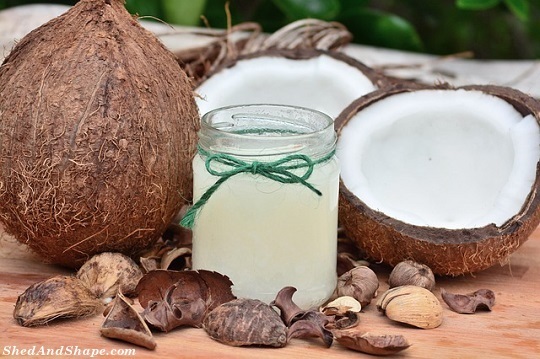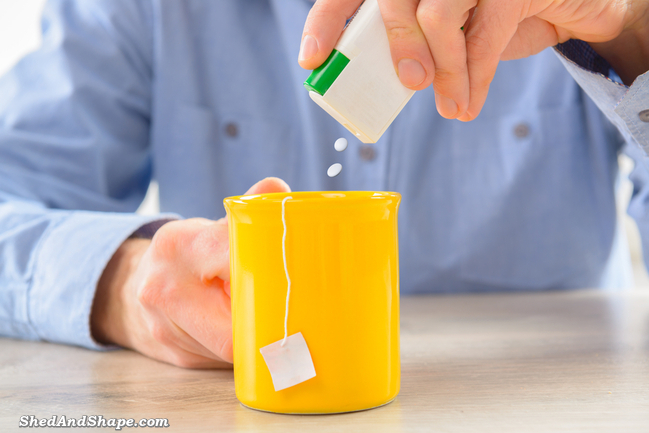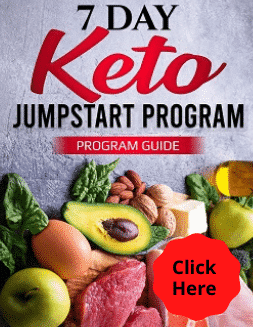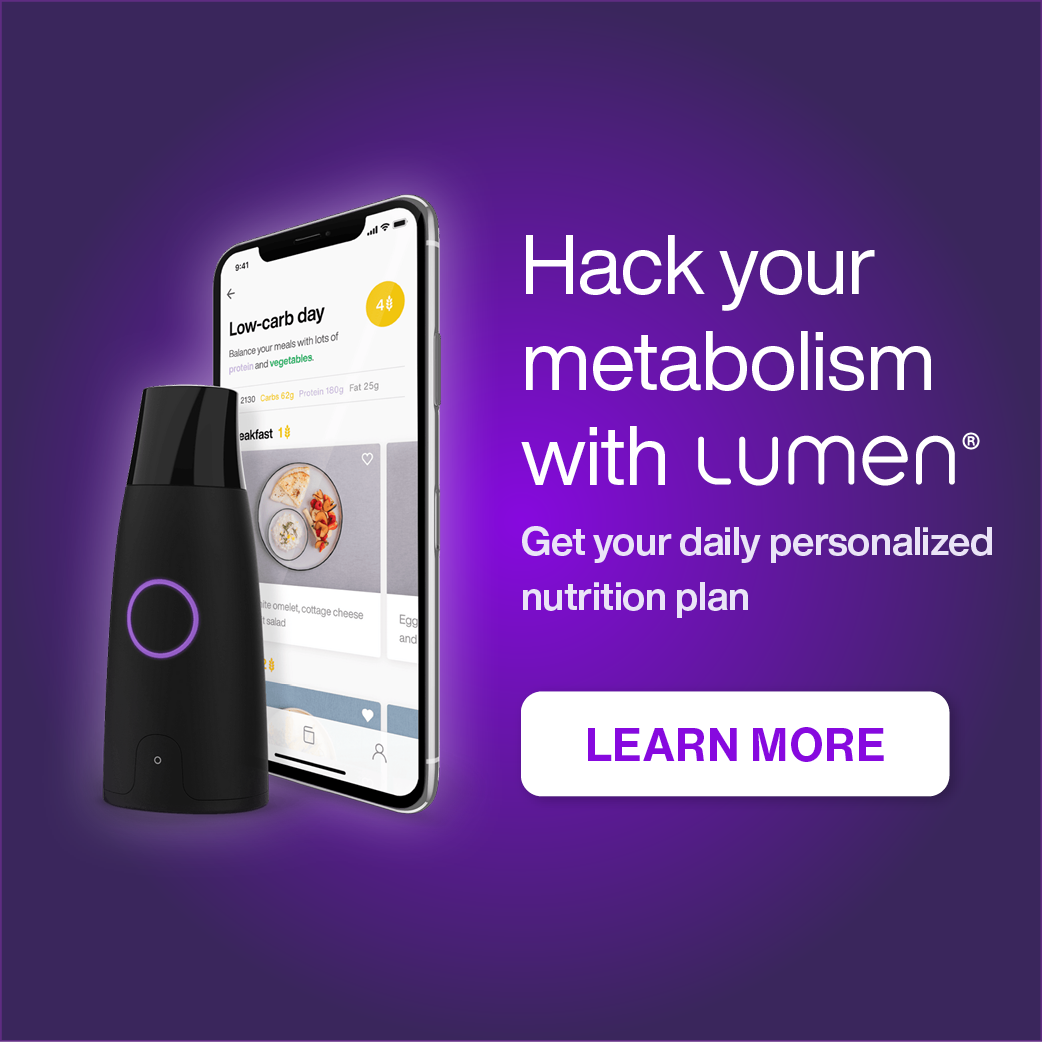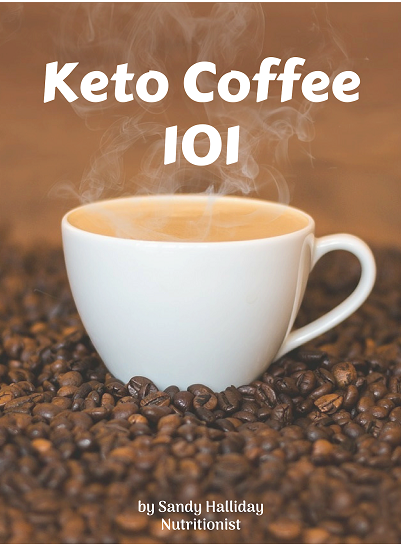Shock horrors! People who have been eating and using coconut oil by the bucket load for it’s presumed health benefits are reeling from the recent media headlines that it’s pure poison. Karin Michels, an epidemiologist from Harvard T.H. Chan School of Public Health, has sparked off a huge debate among health experts because of her claim that it’s pure poison and must not be consumed. In a 50-minute lecture she referred to the oil as the worst thing that you can ever put into your body.
But is coconut oil really pure poison? Do we need to totally avoid it? Read on as we find out more about this.
The Coconut Oil Lecture
The 50-minute lecture delivered by Michels in German has become a viral hit on YouTube. During the lecture, Michels has clearly stated that coconut oil is not healthy to consume. Talking about the video, the Business Insider stated that:
Michels went a step further than to recommend avoiding the foodstuff, saying “coconut oil is pure poison” and “is one of the worst foods you can eat.”
There’s no study showing significant health benefits to coconut-oil consumption. And, according to Michels, coconut oil is more dangerous than lard because it almost exclusively contains saturated fatty acids, ones that can clog the coronary arteries. You can identify fats that contain large quantities of saturated fatty acids by checking to see whether they remain solid at room temperature, as is the case with butter or lard.
This is not the first time that the coconut oil has come under scrutiny. In June last year, the American Heart Association released a report advising the public against the consumption of coconut oil. According to the report, the oil contains a good amount of saturated fats that have been linked to high cholesterol and increases the risk of heart diseases.
Does Saturated Fat Cause Heart Disease?
The report seems to contradict the recent revelations that the fat theory of heart disease is a myth and that coconut oil has a reputation for helping people lose weight and lowering cholesterol. Writing on HealthLine Kris Gunners, a nutrition researcher with a Bachelor’s degree in medicine, and a passion for evidence based nutrition says:
In fact, plenty of studies don’t support an association between saturated fat consumption and total LDL.
There are populations in the world that eat a massive amount of saturated fat, such as the Masai in Africa who drink lots of fatty milk and the Tokelauans who eat lots of coconuts. Both of these populations have low cholesterol and an absence of heart disease.
So what’s going on here?
Is Coconut Oil Pure Poison?
What you have to remember is that coconut oil consists of more than 50% medium chain triglycerides (mcts) which behave differently in the body and have been shown to improve HDL or “good” cholesterol levels. An increase in HDL cholesterol, relative to total cholesterol, has been associated with a reduced risk of heart disease.
In an article about the benefits of coconut oil Gunnars writes:
One large, randomized controlled study in 91 middle-aged adults examined the effects of eating 50 grams of coconut oil, butter or extra-virgin olive oil daily for a month (10).
The coconut oil diet significantly increased the “good” HDL cholesterol, compared to butter and extra-virgin olive oil. Similarly to extra-virgin olive oil, coconut oil didn’t increase the “bad” LDL cholesterol (10).
My Experience With Coconut Oil
I’ve been eating raw coconut oil and cooking with one made for the purpose for over 5 years now and it has not increased my cholesterol. I’ve had several cholesterol tests to prove this. The last one looked at the sub-fractions as well as it’s important to know these levels too.
In his article “Foods High in Saturated Fat Aren’t the Enemy” Dr Stephen Sinatra, a highly respected and sought-after cardiologist whose integrative approach to treating cardiovascular disease has revitalized patients with even the most advanced forms of illness explains:
Cholesterol consists of different sized particles – from large buoyant ones at one end of the scale to small dense ones at the other end. It appears that it’s the small dense particles that are harmful and not large buoyant ones. Saturated (animal) fats are associated with the production of the large buoyant and generally harmless particles.
I was pleased to discover that mine were all in the normal range and my risk for heart disease based on these figures was low according to Cleveland Heart Lab who did the test.
Everyone is different though and I do think it can depend, to a certain extent, on your genetic makeup, your diet and lifestyle. It’s a good idea to get your cholesterol tested including the subfractions from time time to be absolutely sure.
Sugar Is The Real Poison
We can’t leave this discussion without talking about sugar. In another of his articles “Sugar is a Major Cause of Heart Disease” Dr Sinatra states:
The problem with sugar is that it contributes to inflammation of the arterial walls. It does that by generating an insulin spike, and when insulin spikes continuously it starts to ravage the fragile, but ultra-important endothelial lining of blood vessels. If the endothelial lining becomes damaged, all the well-known causes of heart disease problems swarm to the scene and create the inflammatory mayhem that leads to heart attack and stroke.
Telling people to reduce their intake of saturated fat in order to lower the risk of heart disease is a failed strategy. It’s a useless distraction from more promising strategies.
Coconut Oil Is A Natural, Healthy Substance That Enhances Our Wellbeing.
As reported by Ty Bollinger of The Truth About Cancer,
inhabitants of various islands in the South Pacific have a diet rich in coconut and coconut-derived products – and yet, heart disease is almost non-existent.
He goes on to explain this about certain food manufacturers:
In a neat trick, they used partially hydrogenated coconut oil for most of their studies. Neat, because partial hydrogenation is the exact same process used to convert natural, healthy unsaturated fats into synthetic, unhealthy trans fats!
In other words, once coconut oil is partially hydrogenated, it is for all intents and purposes a trans-fat version of coconut oil.
Natural, organic coconut oil was not the culprit. Trans-coconut oil was. What a surprise.
He also says in summary:
the available published, peer-reviewed evidence indicates that coconut oil, far from being a poison, is a natural, healthy substance that enhances our wellbeing.
Specifically, raw, organic, virgin coconut oil is rightly considered a superfood because of its ability to boost cardiovascular function, heal damaged cells, and cleanse the body.
Conclusion
So there you have it. If you are eating coconut oil for it’s health benefits and using it for cooking because it’s better than using refined supermarket vegetable cooking oils then make sure you use a good quality natural coconut oil.
Here’s more information about coconut oil as a superfood on my detox blog. Are Coconuts The Latest Super Food?
If taken in its natural form, coconut oil can provide plenty of health benefits, especially for those on a low-carb diet like the keto diet but you must also eat a lot of healthy and nutritious low-carb foods to go with it.


